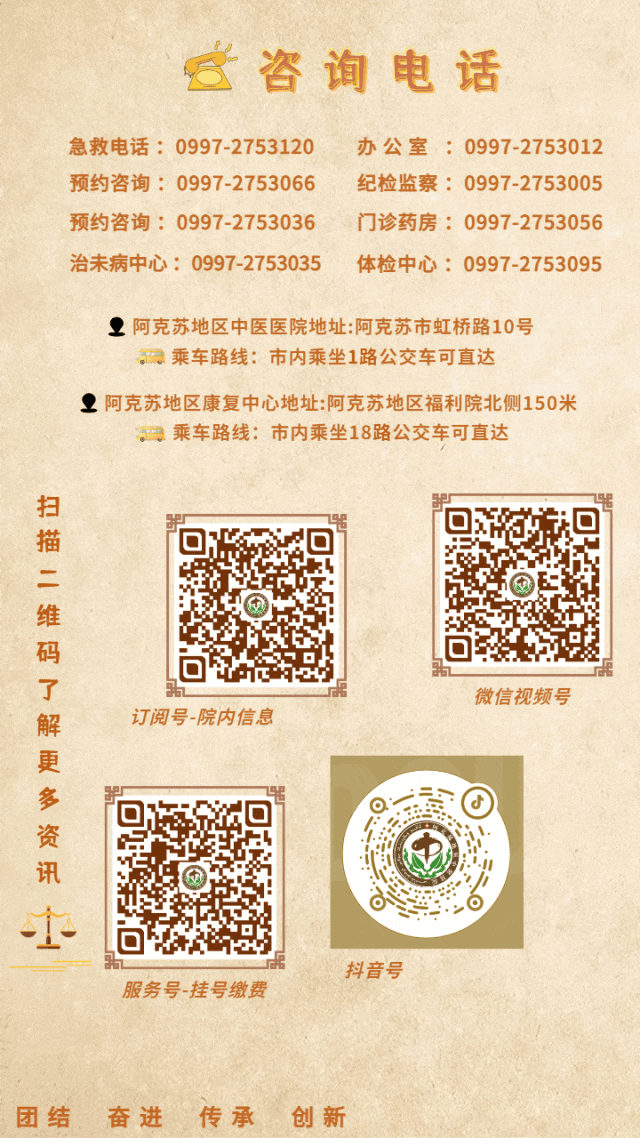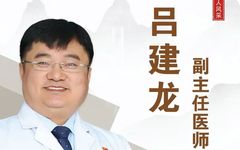With the improvement of living standards, health preservation has become a trend in people’s lives. However, how many truly understand the principles of health preservation? Just as no two leaves in nature are exactly the same, there is no single health preservation method suitable for everyone—each person’s constitution is different! Today, we will explore this topic with Dr. Lü Jianlong, the Director of the Orthopedic Department at Aksu Traditional Chinese Medicine Hospital and an expert in TCM bone injuries.
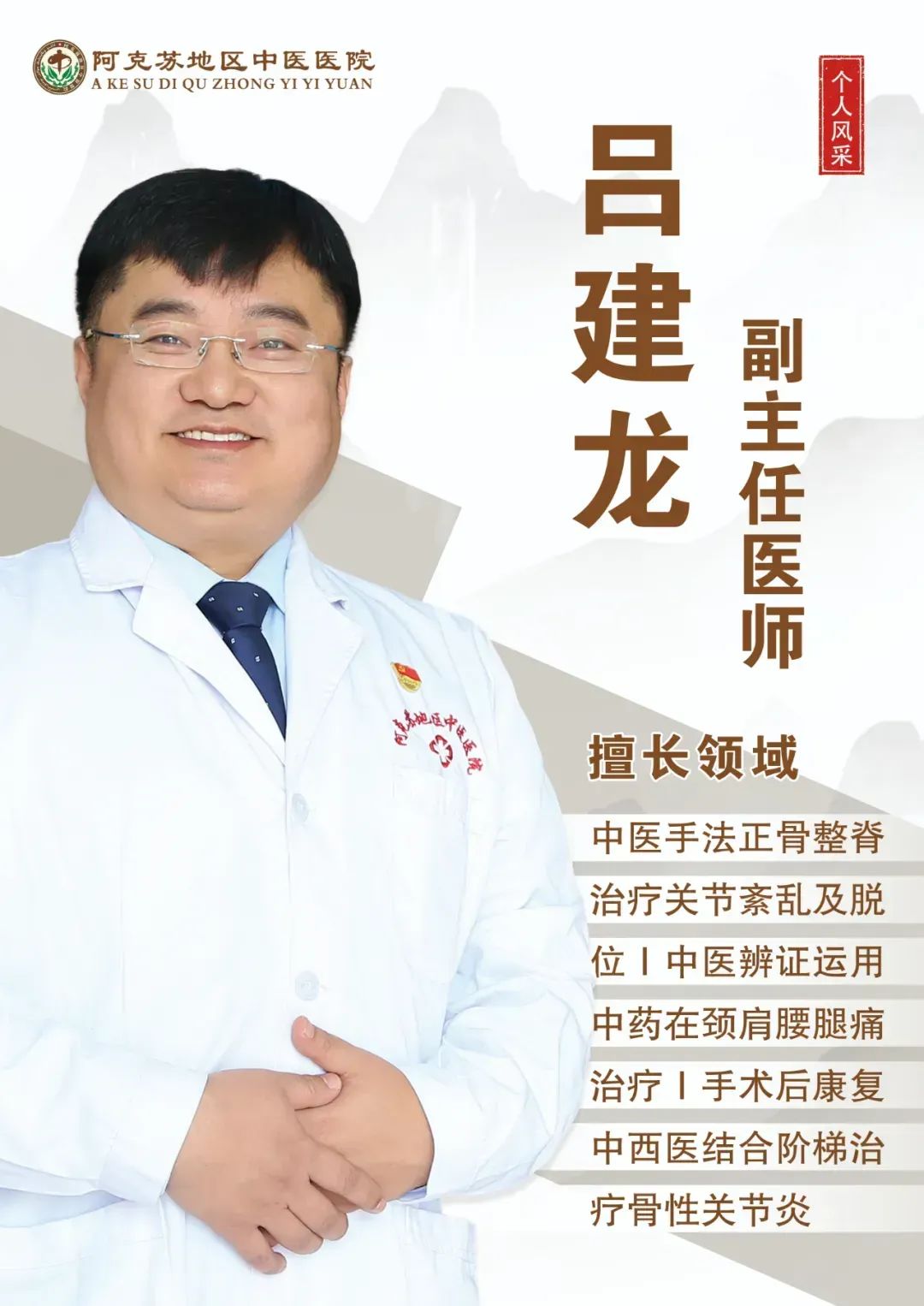
The highest realm of health preservation is “preventing disease before it occurs”
And regulating one’s constitution is the foundation of health preservation
It is the necessary path to “preventing disease before it occurs”
Manifestations of Qi Deficiency Constitution
The constitution is a relatively stable inherent characteristic formed during the life process of the human body, based on innate endowment and acquired influences, encompassing morphological structure, physiological functions, and psychological states. It is influenced by both innate endowment and acquired factors.
From ancient times to the present, TCM categorizes human constitution into nine basic types: Pinghe (Balanced), Qixu (Qi Deficiency), Yangxu (Yang Deficiency), Yinxu (Yin Deficiency), Tan Shi (Phlegm-Damp), Shi Re (Damp-Heat), Xue Yu (Blood Stasis), Qi Yu (Qi Stagnation), and Te Bing (Special Constitution). Among these nine types, all except for the Pinghe constitution are considered imbalanced. When the constitution is imbalanced, disease is not far behind. Therefore, health preservation and constitution regulation are imperative!
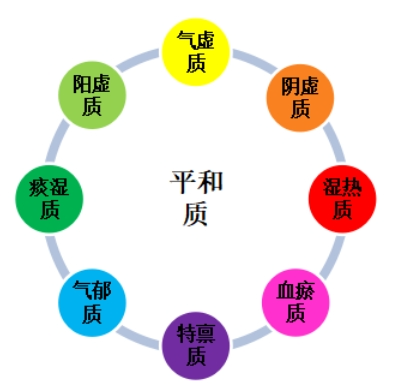
Consider if you have the following symptoms
1. Do you often feel fatigued?
2. Do you experience shortness of breath (difficulty catching your breath)?
3. Do you often feel palpitations?
4. Do you frequently feel dizzy or lightheaded when standing up?
5. Are you more prone to catching colds than others?
6. Do you prefer quiet and feel reluctant to speak?
7. Is your voice weak and low?
8. Do you sweat easily with slight exertion?
How to Regulate Qi Deficiency Constitution?
(1) Seasonal Care: Dress warmly in spring, avoid overexertion in autumn, stay cool in summer, and maintain balance in winter
In spring, do not reduce clothing or bedding too early; ensure proper “spring wrapping”;
In summer, avoid excessive heat exposure, replenish fluids and salts promptly after sweating, and do not indulge in excessive cooling;
In autumn, maintain a cheerful mood, exercise more, and go to bed early to avoid staying up late;
In winter, take care of yourself, drink more porridge to nourish the spleen and stomach, and sleep early and rise late.
(2) Dietary Regulation: Millet, beef, and eggs strengthen the spleen and benefit Qi.
Generally, choose foods that tonify Qi, such as millet, japonica rice, glutinous rice, oat, lentils, cauliflower, carrots, shiitake mushrooms, tofu, potatoes, sweet potatoes, beef, rabbit meat, pork stomach, chicken, and eggs. These foods have excellent effects on strengthening the spleen and benefiting Qi.
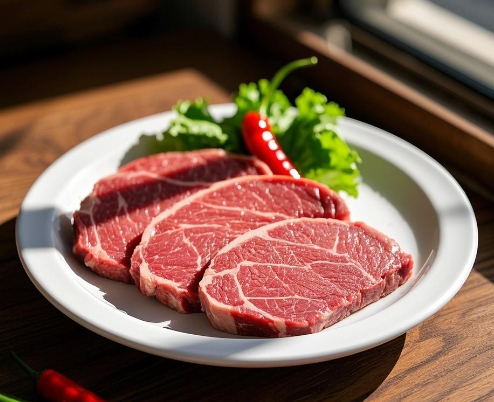
(3) Meridian Regulation: Massage and moxibustion on acupoints such as Zusanli (足三里), Feishu (肺俞), Dazhui (大椎), Qihai (气海), and Guanyuan (关元) for health maintenance.
Acupoints on the Foot Taiyang Bladder Meridian and Foot Yangming Stomach Meridian can be used to tonify Qi and blood. Massaging or tapping along the meridians can help to unblock Qi and blood. Among them, Qi tonifying acupoints include Zusanli (足三里), Qihai (气海), Guanyuan (关元), Shenshu (肾俞), Pishu (脾俞), and Feishu (肺俞), which can be massaged, tapped, or treated with moxibustion.
(4) Herbal Regulation: Ginseng (人参), Astragalus (黄芪), and Codonopsis (党参) tonify Qi and replenish deficiency.
Individuals with Qi deficiency should consume TCM herbs that tonify Qi, such as Ginseng (人参), American Ginseng (西洋参), Codonopsis (党参), Prince Ginseng (太子参), Astragalus (黄芪), Atractylodes (白术), Chinese Yam (山药), Hyacinth Bean (白扁豆), Licorice (甘草), Red Dates (红枣), Siberian Ginseng (刺五加), Jiaogulan (绞股蓝), Rhodiola (红景天), Poria (茯苓), Job’s Tears (薏米), maltose (饴糖), and honey. These herbs can be used as ingredients to prepare medicinal dishes or brewed as tea.
(5) Exercise Regulation: Light exercise to cultivate and replenish Yuan Qi.
Due to the Qi deficiency constitution, individuals should avoid vigorous exercise; therefore, light exercise becomes the preferred choice for those with Qi deficiency. For example, Tai Chi and Ba Duan Jin (Eight Pieces of Brocade) are suitable health-preserving exercises.

(6) Emotional Regulation: Reduce worry and maintain emotional stability
TCM believes that Qi deficiency is related to insufficient spleen and stomach or innate kidney Qi deficiency, and it also holds that excessive thinking harms the spleen. Therefore, individuals with Qi deficiency should avoid excessive worry and emotional stagnation.
Today’s discussion on Qi deficiency constitution concludes here. For further detailed regulation, you may consult professionals at Aksu Traditional Chinese Medicine Hospital.
—— THE END ——
Illustration by | Orthopedics Li GainianLayout by | Ma JiawangEditors | Zhang Xiaorong, Chen WanyiChief Editor | Chen Fangliang Selected Past ArticlesInvestigation by Zhang Aiping, Secretary of the Party Committee of Tarim University, at Aksu Traditional Chinese Medicine HospitalTop Ten News! A review of Aksu Traditional Chinese Medicine Hospital’s 2024
Selected Past ArticlesInvestigation by Zhang Aiping, Secretary of the Party Committee of Tarim University, at Aksu Traditional Chinese Medicine HospitalTop Ten News! A review of Aksu Traditional Chinese Medicine Hospital’s 2024